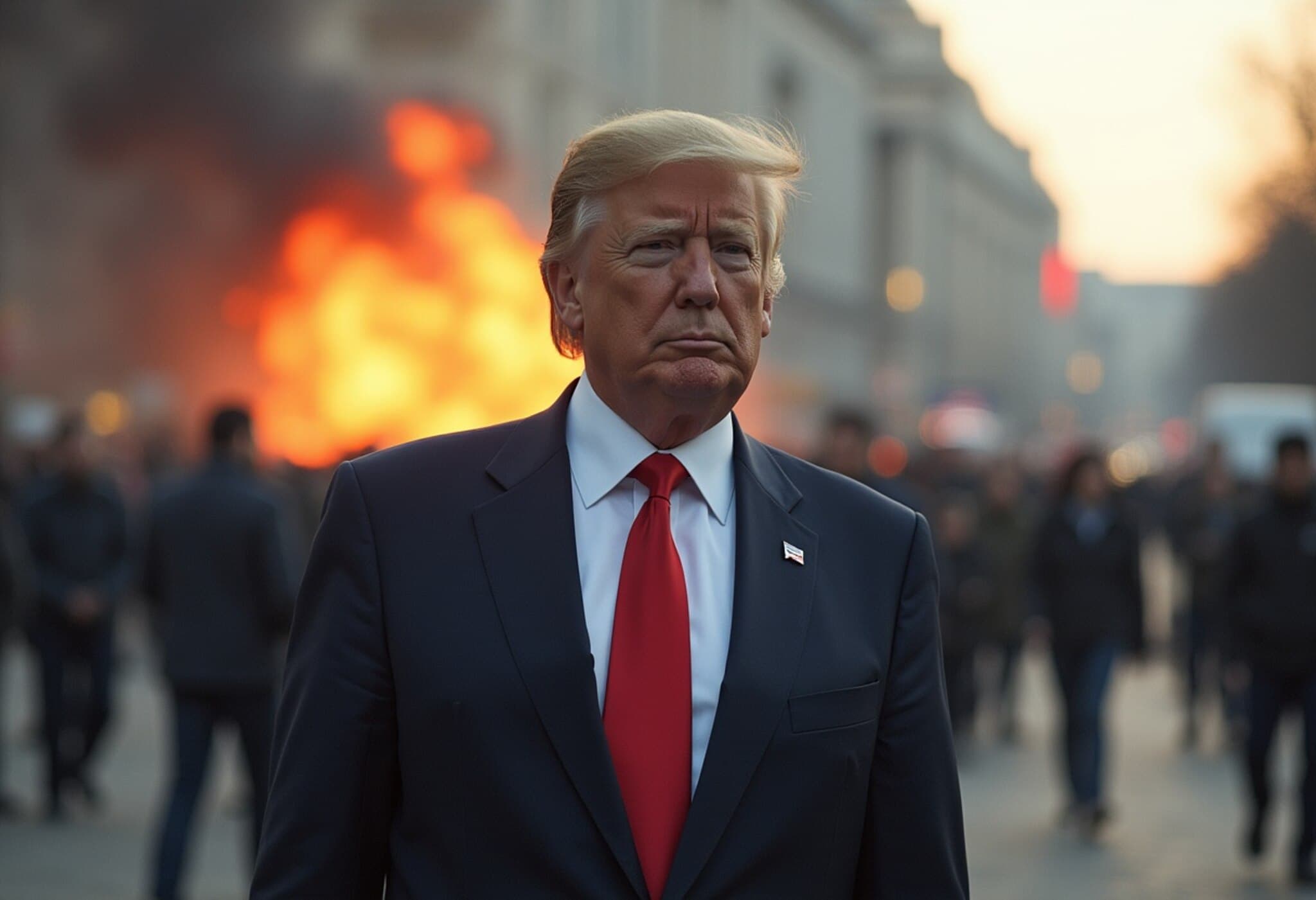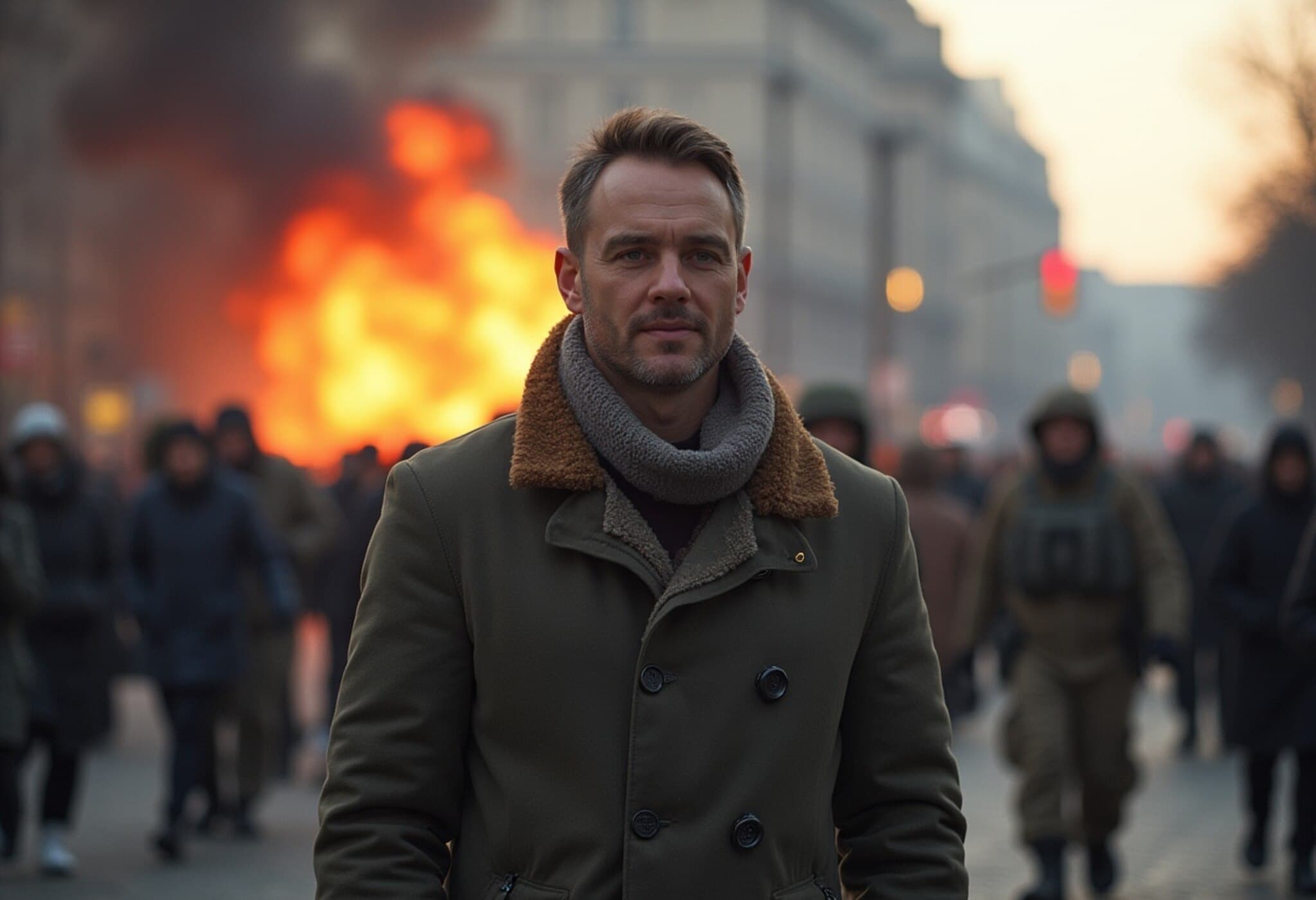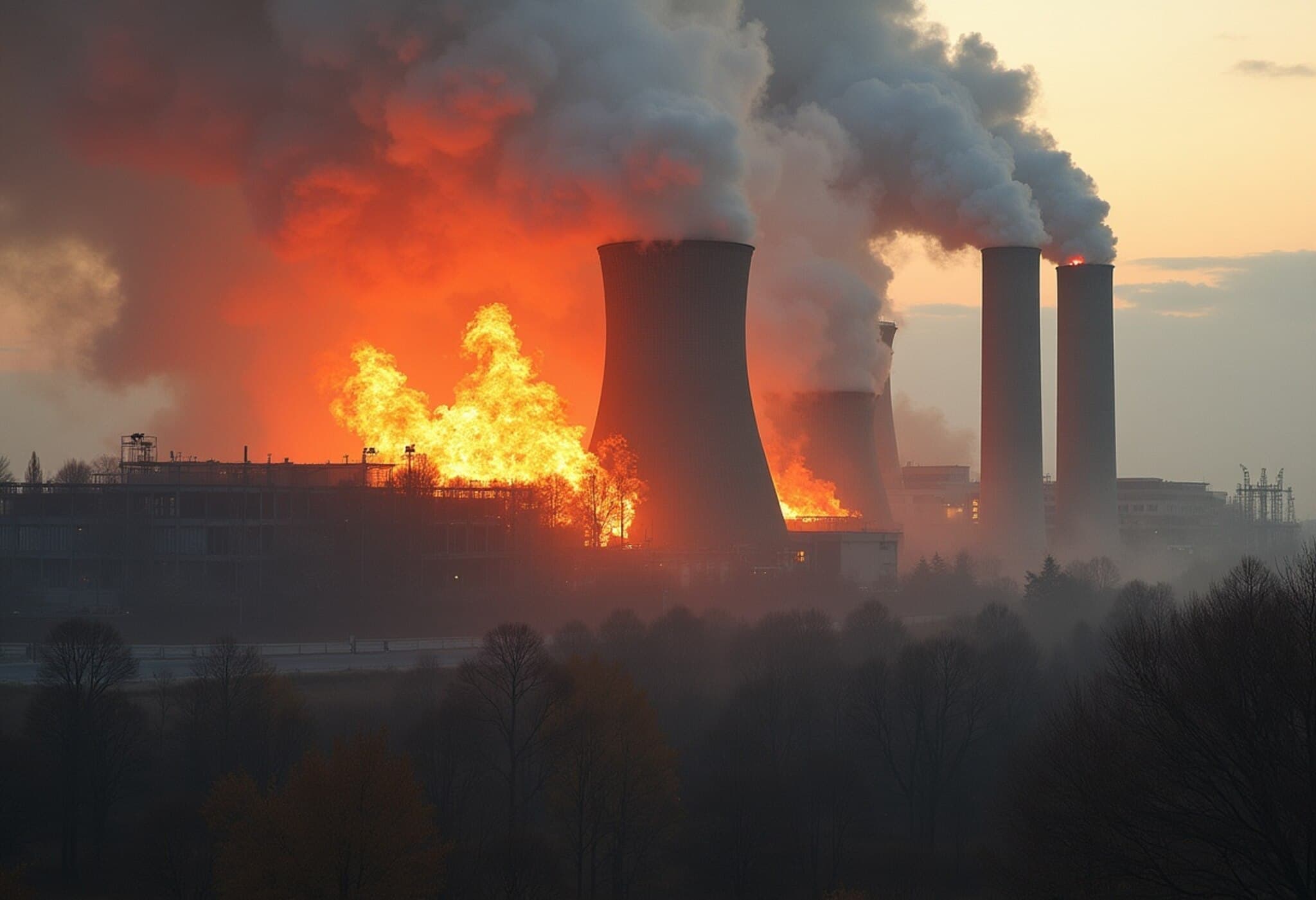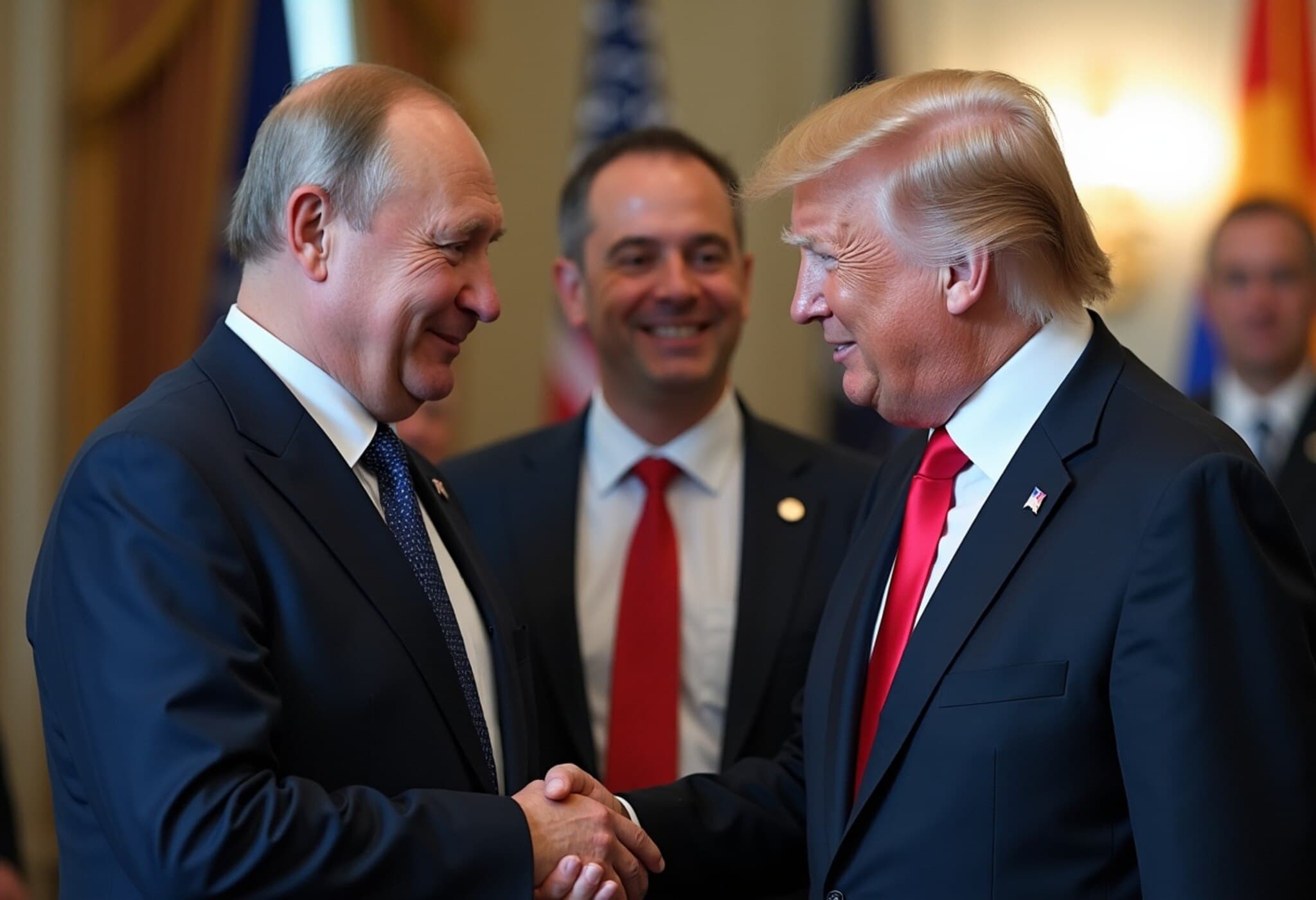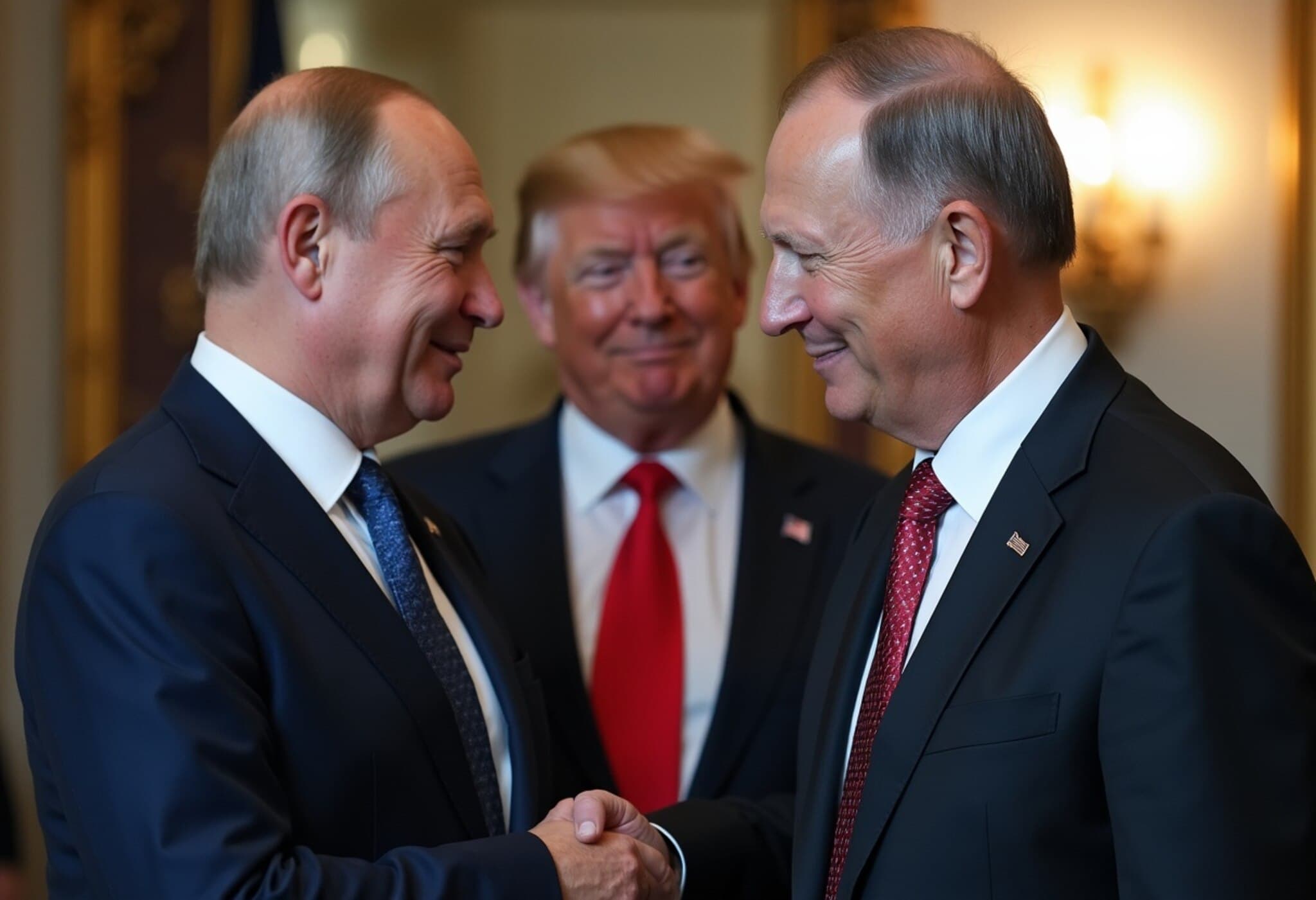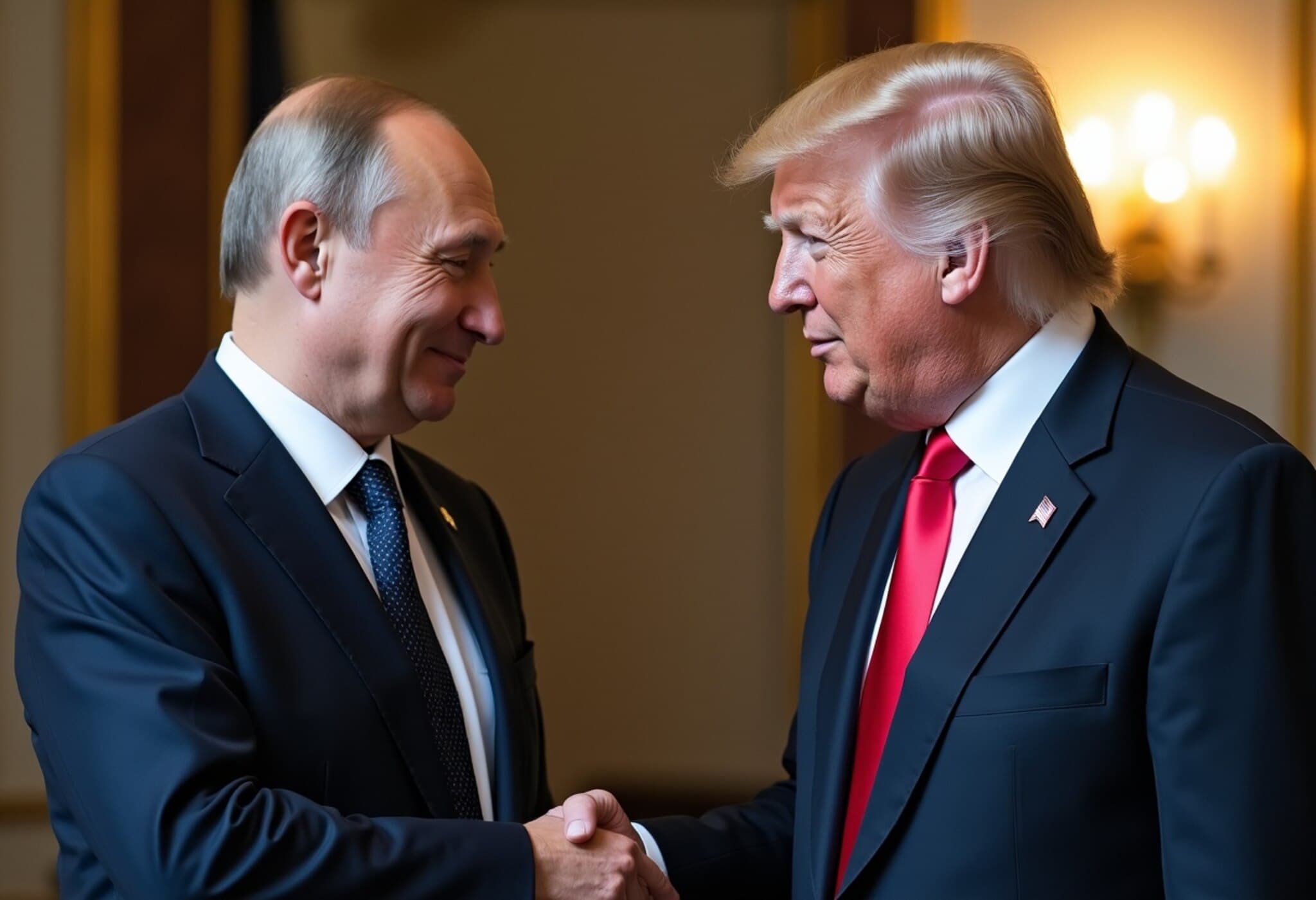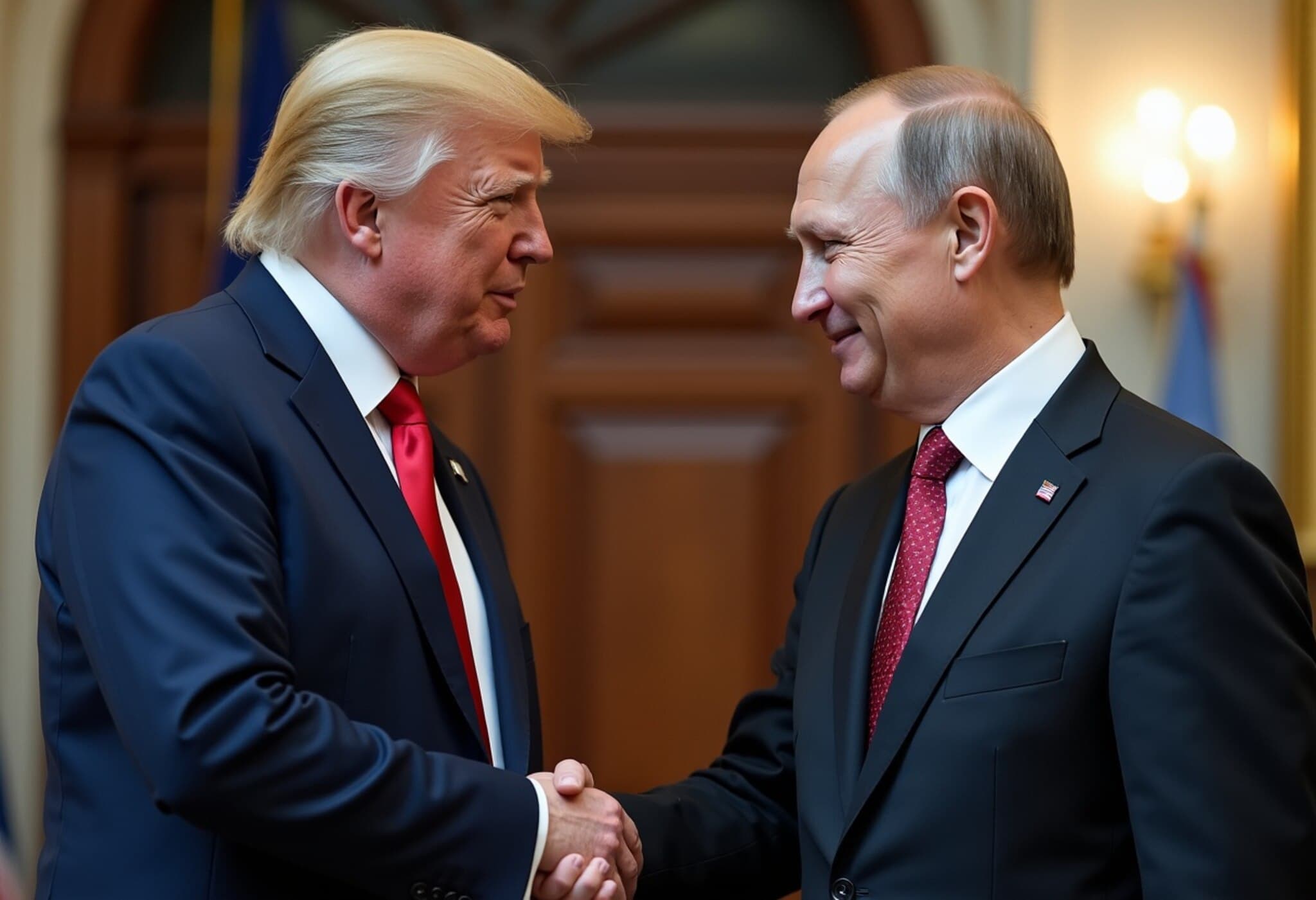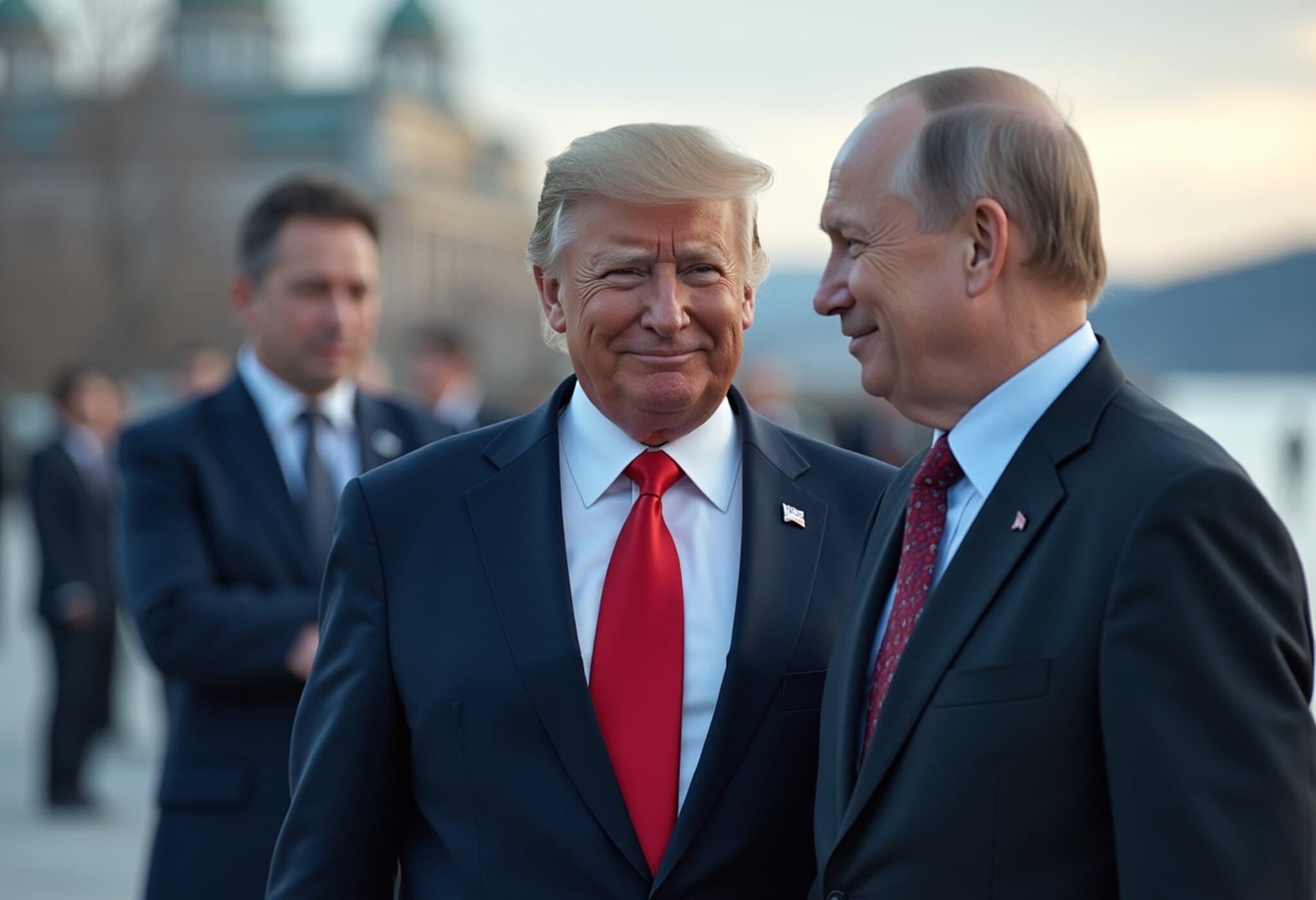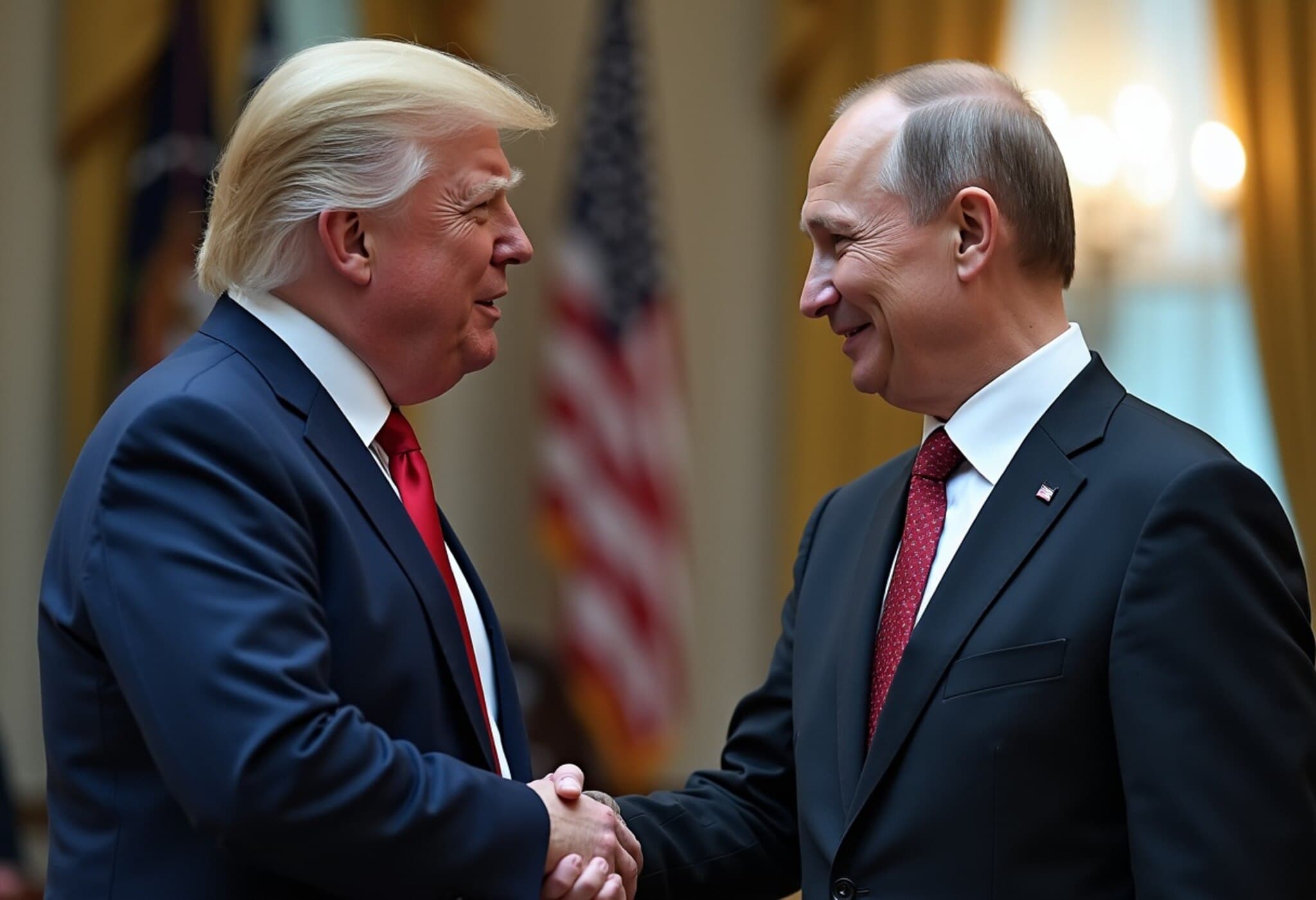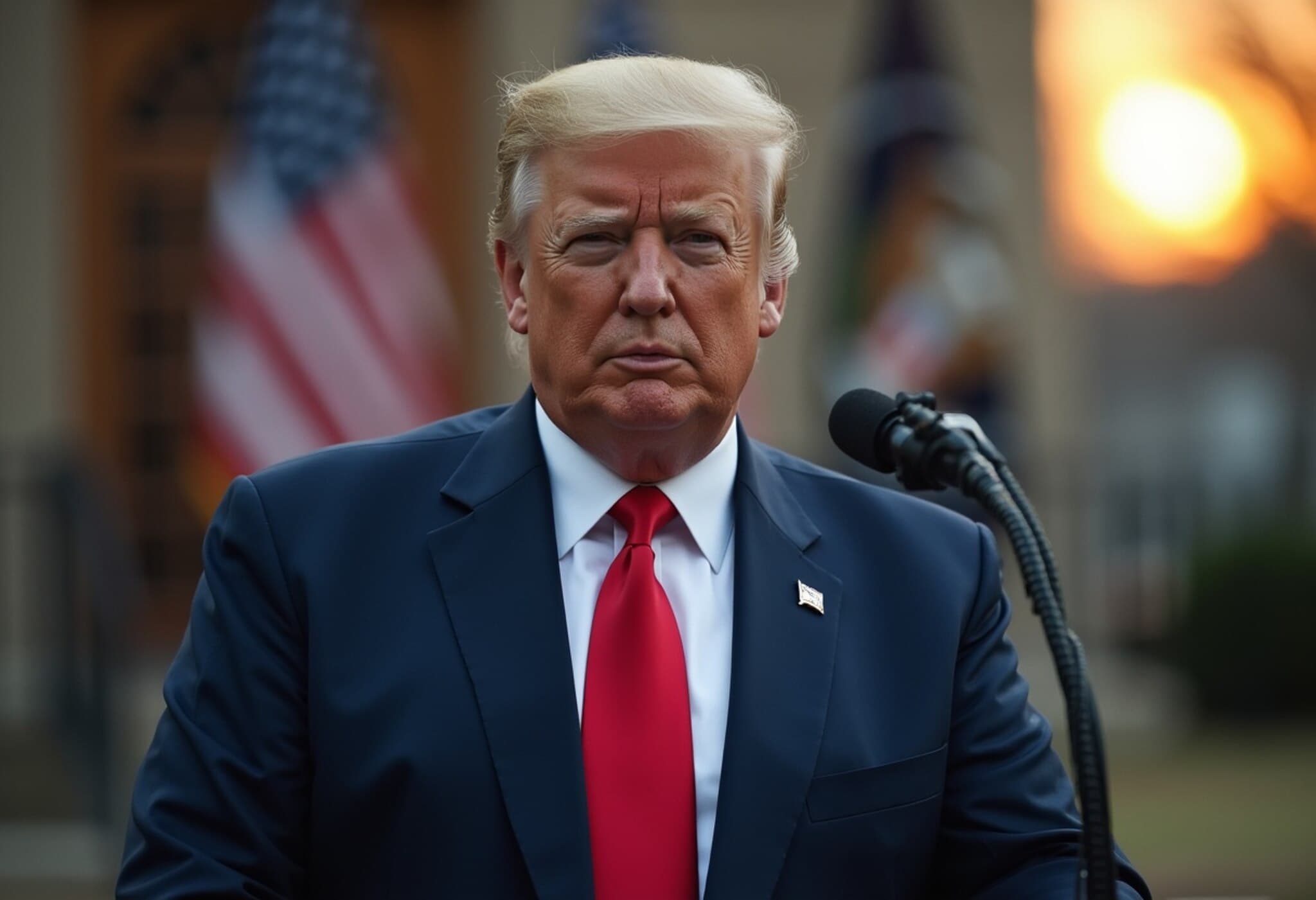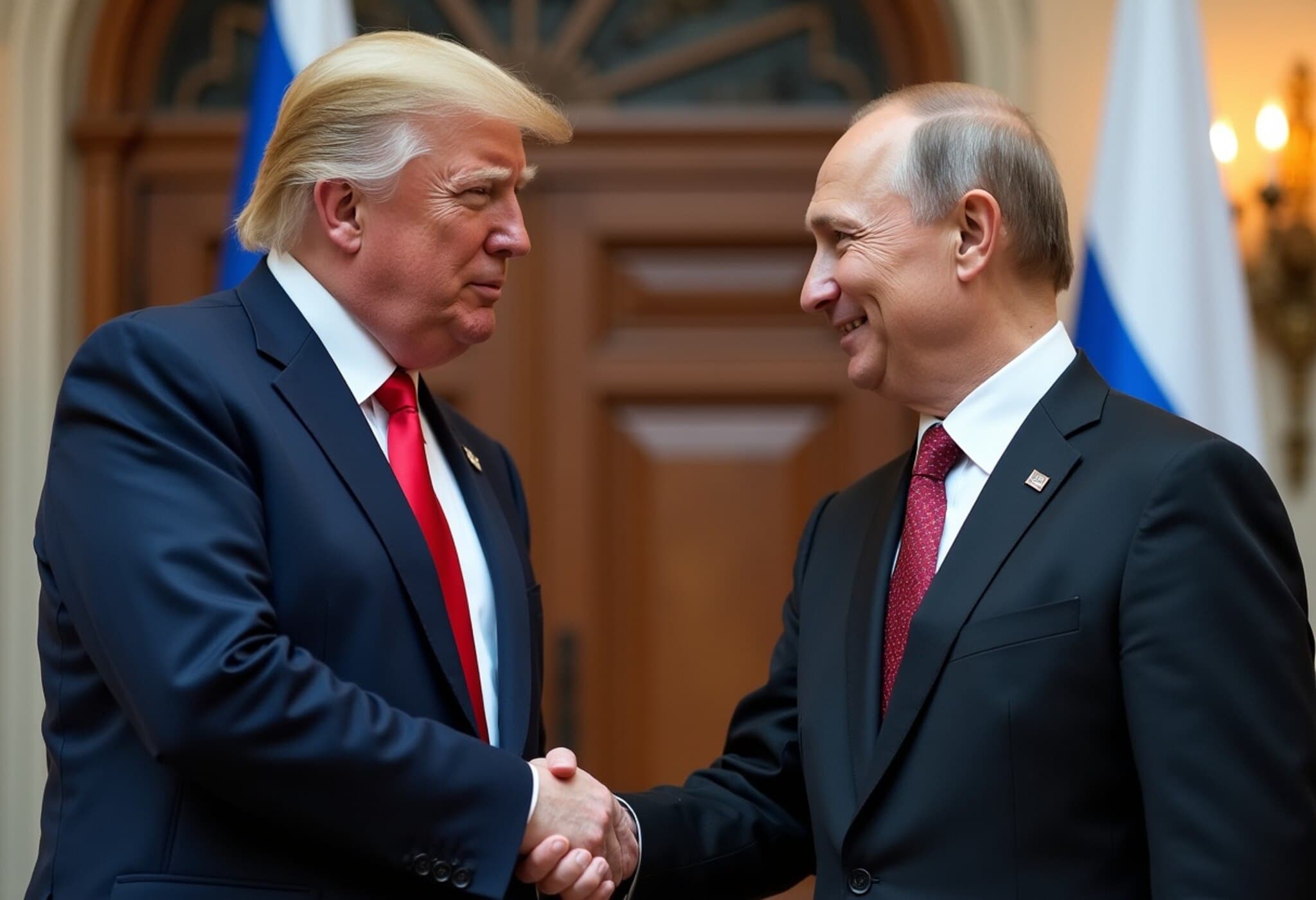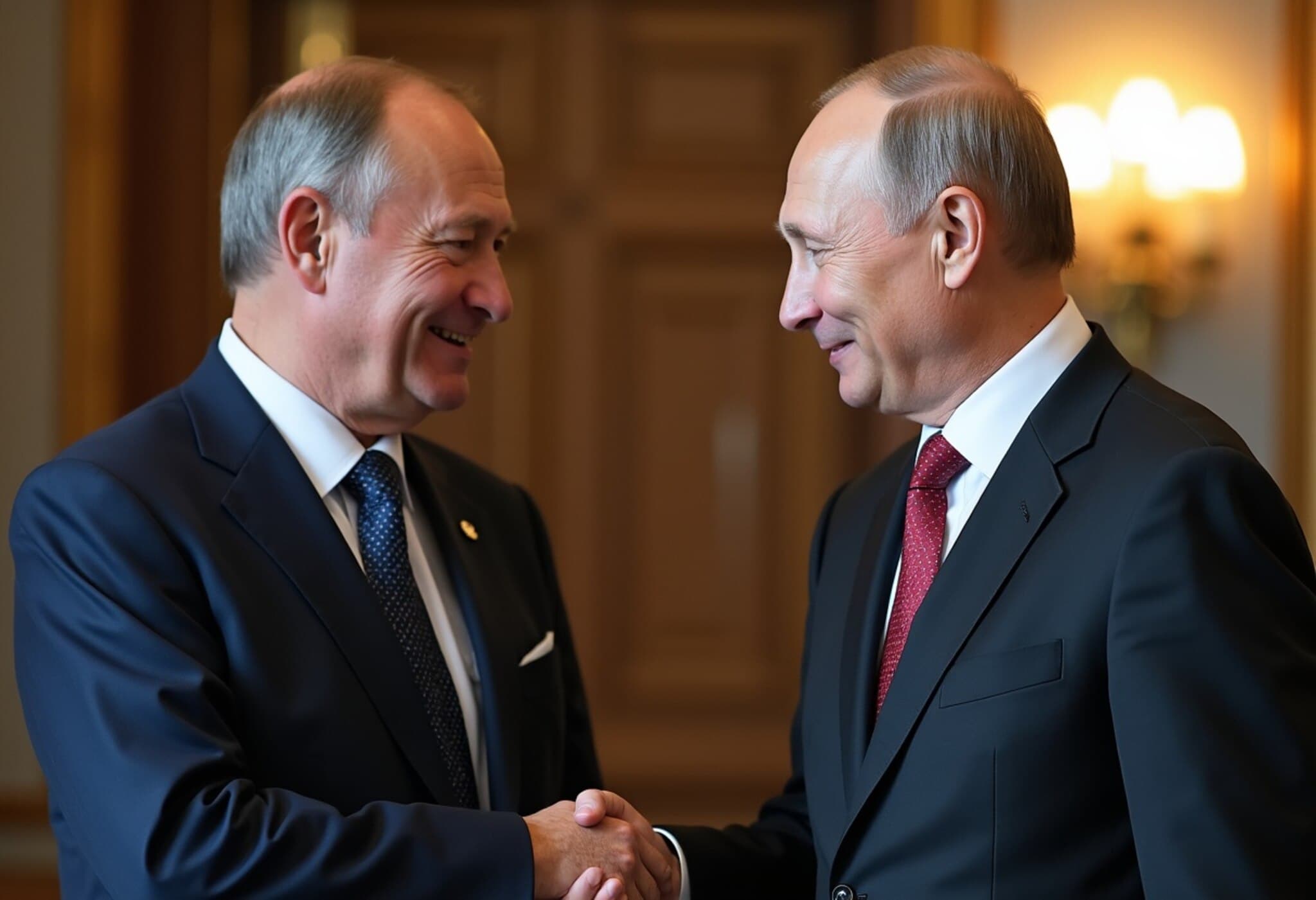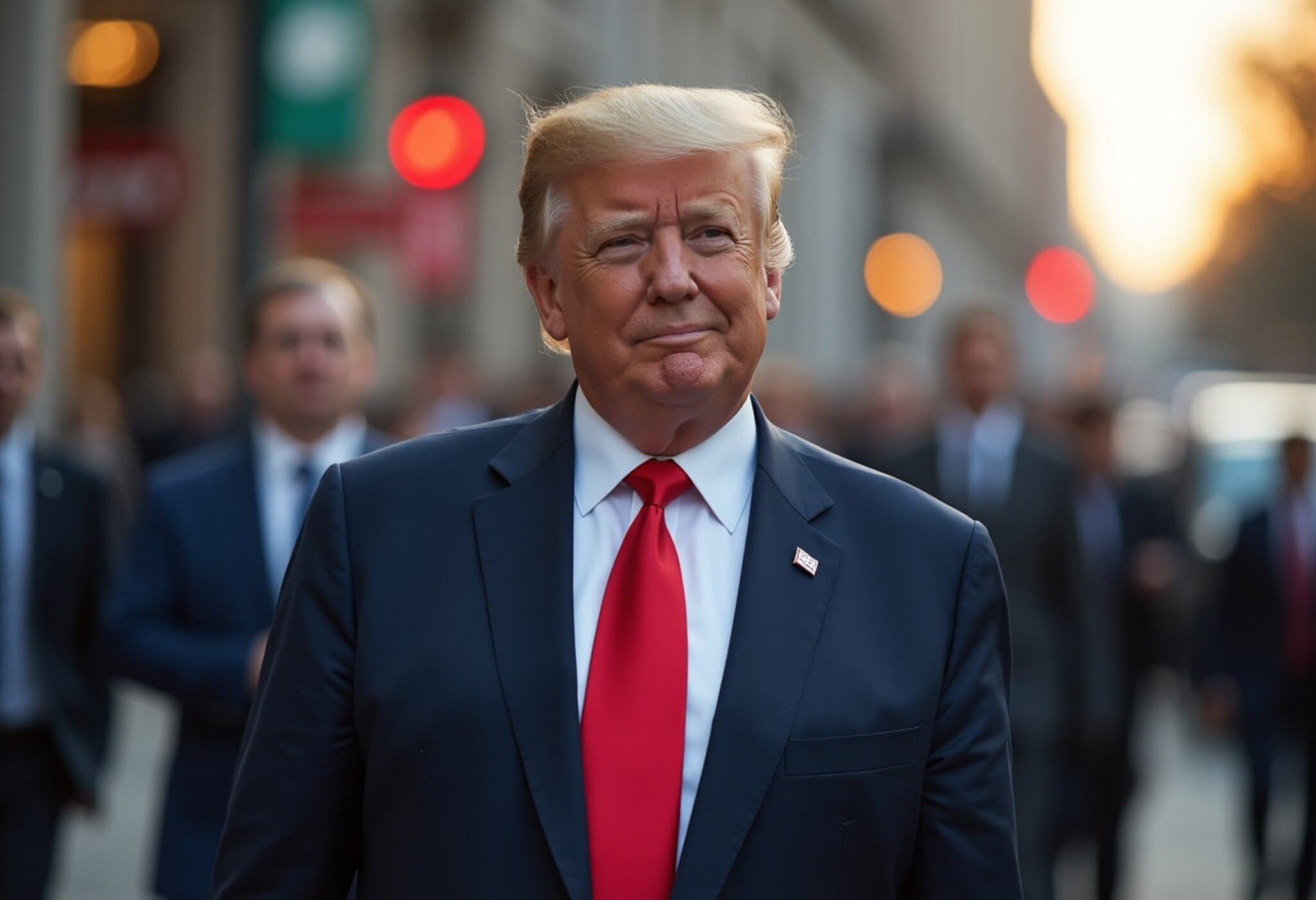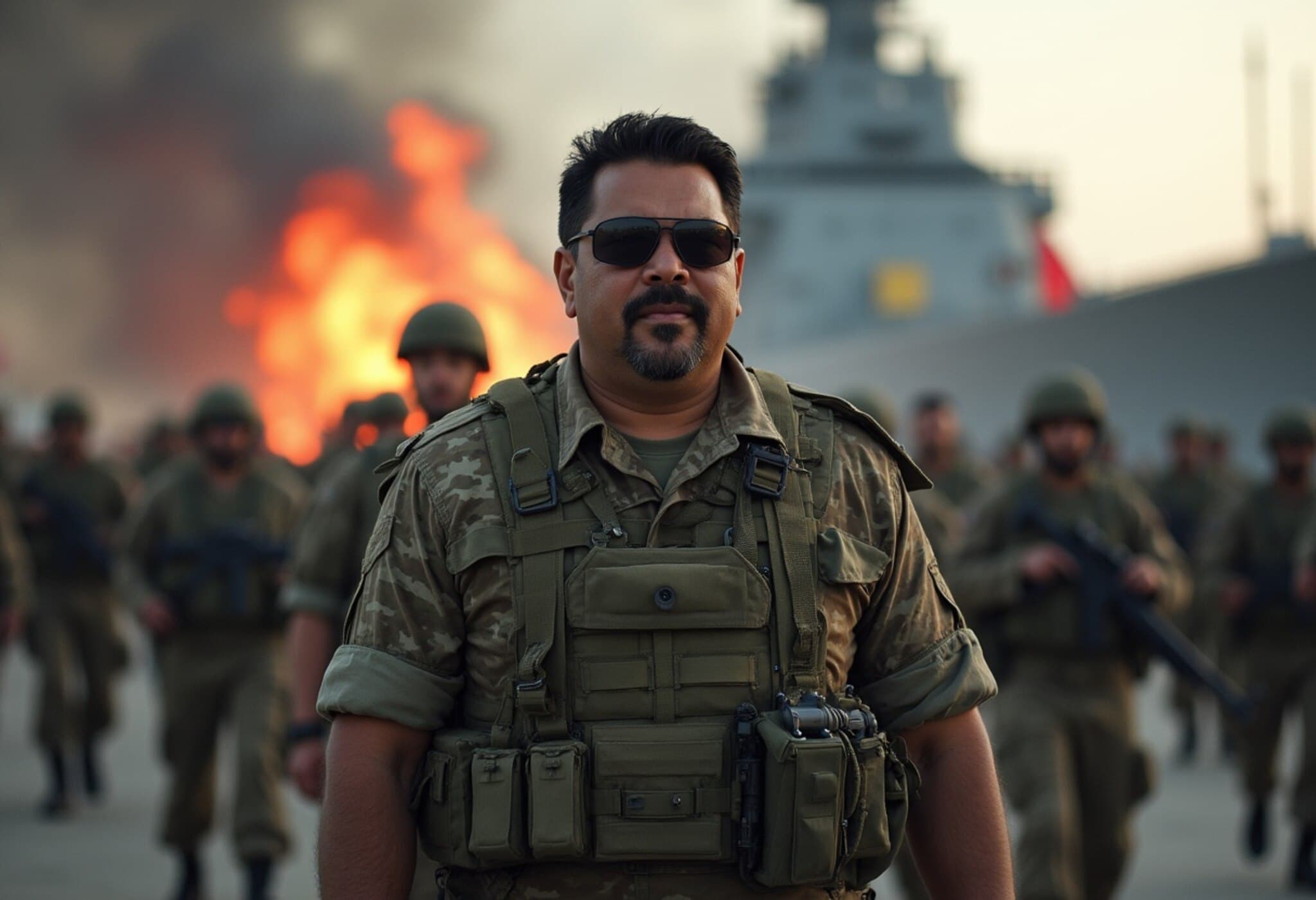Trump Reaction to Russia’s Kyiv Attacks: Unhappy Yet Not Surprised
Amid one of the most devastating missile and drone strikes on Kyiv since Russia's invasion of Ukraine began in February 2022, former US President Donald Trump reportedly expressed unhappiness but was not shocked by the wave of violence. According to White House Press Secretary Karoline Leavitt, Trump framed these attacks as part of a protracted conflict between Russia and Ukraine, emphasizing that “both countries have been at war for a very long time.”
The recent barrage of attacks resulted in tragic loss of life—including four children—and significant damage to civilian infrastructure, including the European Union delegation and the British Council offices in Kyiv. Ukraine’s air force reported that more than 600 missiles and drones were launched overnight, targeting over 20 locations across the capital, with several slipping past air defense systems and inflicting severe destruction.
White House Highlights Diplomatic Challenges
While condemning the attacks, Press Secretary Leavitt underscored Trump’s commitment to achieving a negotiated settlement in the ongoing conflict. However, she warned that neither Russia nor Ukraine presently appears willing to compromise. She remarked that the ultimate decision to end the fighting rests with the leaders of both countries, and indicated that Trump may issue further statements as the situation evolves.
Echoing this message, Trump’s special envoy for Ukraine, Keith Kellogg, decried the strikes as undermining vital diplomatic initiatives. Kellogg cautioned that such escalations directly threaten the fragile peace processes the administration is supporting.
International Backlash and European Response
The strikes garnered swift condemnation across Europe. The United Kingdom and European Union promptly summoned Russian diplomats to express outrage over the destruction of their Kyiv offices. British Foreign Secretary David Lammy described the bombings as “senseless violence” causing civilian casualties and damaging cultural and diplomatic institutions.
UK Prime Minister Keir Starmer added that the attack was a deliberate attempt by Moscow to sabotage prospects for peace, especially devastating given the loss of young lives. Meanwhile, the European Union’s ambassador to Ukraine, Katarína Mathernova, confirmed the severe damage inflicted upon their delegation’s offices.
European Commission President Ursula von der Leyen condemned the Kremlin’s tactics as terroristic and vowed additional sanctions on Russia. Italian Prime Minister Giorgia Meloni stated that the bombardment event demonstrated Moscow’s disinterest in meaningful negotiations.
Ukraine’s Firm Condemnation
President Volodymyr Zelenskyy reacted strongly, interpreting the scale and intensity of the attack as proof that Russia is deliberately rejecting dialogue. He described the missile strikes as a “clear response” to international appeals for a ceasefire and accused Moscow of choosing violence over diplomacy.
Trump’s Peace Endeavors Meet Stark Reality
Earlier, Trump had boldly promised to resolve the Ukraine conflict within 24 hours of assuming office. However, recent meetings with Russian President Vladimir Putin in Alaska and Ukrainian President Zelenskyy in Washington failed to produce tangible breakthroughs. Optimism about arranging a direct summit between the two leaders dimmed, highlighted by German Chancellor Friedrich Merz’s statement that such a meeting is “obviously” impossible under the current strained circumstances.
As the White House continues to advocate for peaceful resolution, Russia’s intensified assault on Kyiv starkly illustrates the complexities Trump faces. Kellogg warned that Moscow’s actions “threaten the peace” and risk derailing any hope for negotiation. With rising civilian casualties, damaged diplomatic infrastructures, and Russia’s unyielding stance, the prospect of reconciliation feels increasingly elusive.
Expert Insight: Navigating Geopolitical Deadlock
This escalation exposes a broader diplomatic impasse. Analysts note that despite enormous international pressure and sanctions, Russia’s strategic calculus appears driven by long-term geopolitical goals in Eastern Europe. The attack on Kyiv’s diplomatic institutions not only inflicts physical damage but also symbolizes Moscow’s willingness to disrupt international engagement.
From a US policy perspective, Trump’s approach to peace — while ambitious — confronts entrenched hostilities and competing agendas from Moscow and Kyiv. The persistent violence underscores that any durable solution will likely require multilateral mediation involving European partners and sustained pressure on Russia.
Human Stories Amidst Conflict
Beyond the geopolitics lie profound human tragedies. The reported deaths of children and civilians strike at the heart of global conversations about the moral cost of war. Communities in Kyiv are forced to navigate destroyed neighborhoods, shattered sense of security, and disrupted lives. These stories amplify the urgency for meaningful diplomatic breakthroughs that respect human dignity and end suffering.
Editor’s Note
The renewed missile assaults on Kyiv serve as both a heartbreaking reminder of the ongoing human cost of the Ukraine conflict and a critical test for international diplomacy. Despite former President Trump’s commitment to peace, the entrenched positions of Russia and Ukraine, compounded by deep mistrust, continue to thwart efforts to halt violence. As the global community watches closely, crucial questions remain: Can diplomatic channels be fortified amid escalating aggression? What role will the US and European allies play to tip the balance toward dialogue? And ultimately, how can civilian lives be better protected in the midst of geopolitical strife?
For readers and policymakers alike, the challenge is to recognize the multidimensional nature of this conflict — where human suffering, political strategy, and international law collide — and to advocate for solutions grounded in empathy, pragmatism, and steadfast commitment to peace.

